The clocks are turning back tonight — 3 expert ways to stop it from ruining your sleep
Plus the three changes you may notice after the clock change

You’re probably looking forward to that extra hour when the clocks go back tonight, but that small shift may also impact your sleep.
As the clocks turn back, our circadian rhythms, the body’s internal clock, are disrupted, which can throw off the balance of key hormones and affect everything from sleep to energy and mood.
From waking up earlier to not being able to get to sleep, you could see your sleep duration or quality being disrupted. For our Fall Back into Great Sleep campaign, we're looking at why the clocks go back, and some simple changes you can make to help adjust your sleep patterns.
When exactly do the clocks turn back in 2025 in the US?
The clocks go back by one hour this weekend — at 2 a.m. on Sunday, November 2nd the clocks go back by one hour. This shift happens every year on the first Sunday of November, marking the end of Daylight Saving Time.
At 2 a.m. on Sunday, November 2nd the clocks go back by one hour
In March, the process reverses: the clocks move forward by an hour, returning the country to Daylight Saving Time — and costing you an hour of sleep.
You’ve probably heard the phrases ‘fall back’ in autumn and ‘spring forward' in March — it’s an easy way to remember which direction the clocks move each season.
Do we gain an hour or lose an hour of sleep tonight?
As the clocks ‘fall backwards’ you’ll gain an hour, meaning you’ll have an extra hour in bed. But you may not even notice it as most digital clocks will turn back automatically.
Get instant access to breaking news, the hottest reviews, great deals and helpful tips.
The effect of this change means we get brighter mornings through the darker winter months, though it also means that the sun sets earlier. This can be a good thing, but along with the extra hour in bed, it may also affect our sleep patterns.

3 ways to stop the clock change from ruining your sleep tonight
1. Get outside tomorrow
Whether it's a lunchtime walk, reading a book outside (with all the layers on) or exercising, getting outside tomorrow is the best thing you can do to reset your body clock.
Getting outside will benefit you nonetheless
This is because internal body clocks are heavily influenced by light exposure, so, “by getting outside within the first hour of waking, even for just 15 to 30 minutes, it sends a strong signal to the brain that it’s time to be alert”, says sleep expert and founder at OTTY Sleep, Michal Szlas.
“This is harder when the clocks go back as daylight saving time is reduced, but getting outside will benefit you nonetheless," he adds.
Dr. Browning adds that morning light exposure is especially important to help you fall asleep earlier in the evening.
“Morning natural daylight exposure helps to anchor melatonin secretion earlier in the evening, helping you fall asleep more quickly at night."
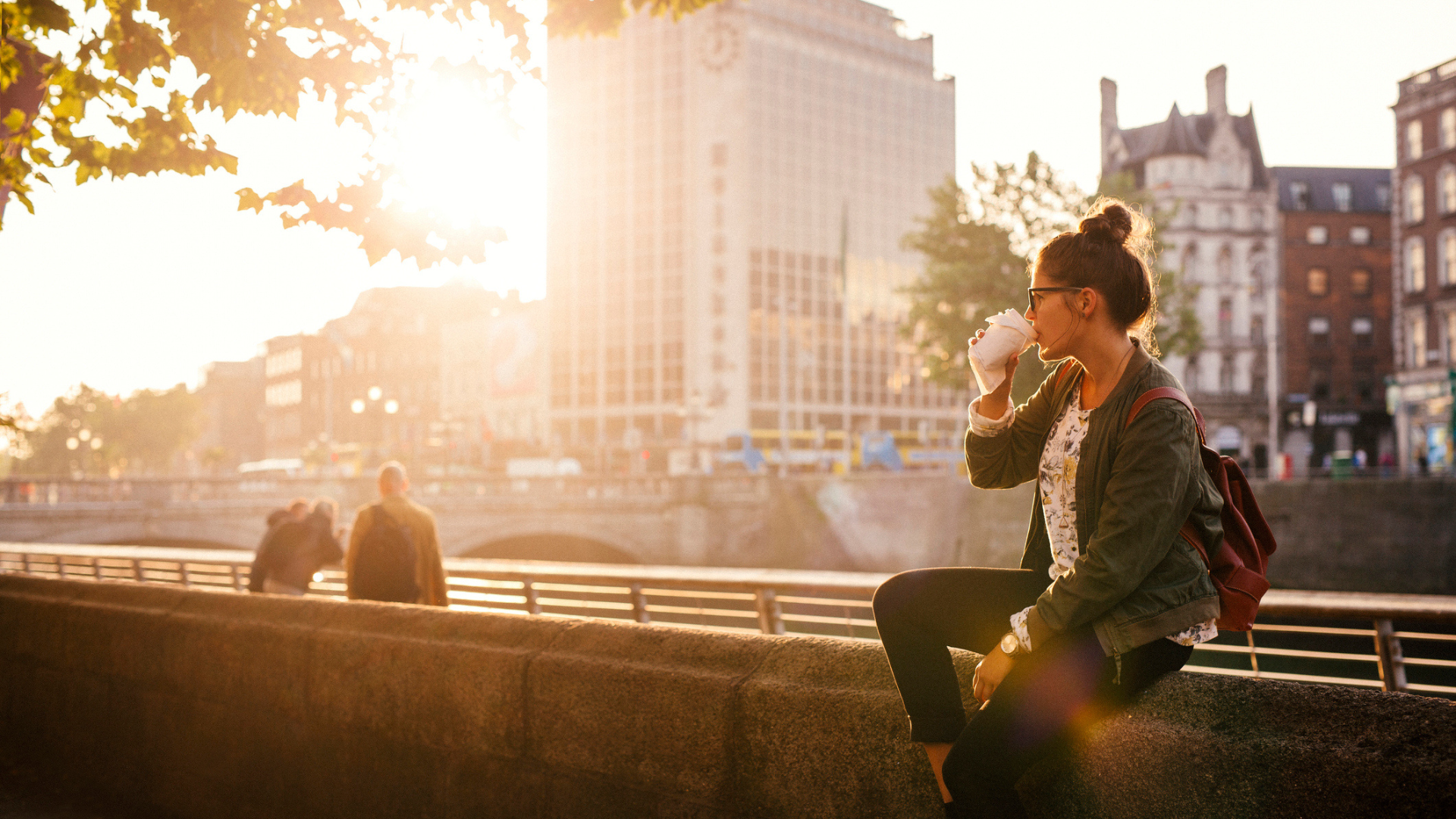
2. Maintain excellent sleep hygiene
Now is the most important time to prioritise good sleep hygiene. As your body adjusts to the clock change, small habits can make a big difference in how rested you feel, and sleep hygiene comprises of the kind of routines and activities that optimize your rest.
Avoid caffeine after midday, reserve your bedroom purely for sleep, and steer clear of screens in the evening
Over the next few days, avoid caffeine after midday, reserve your bedroom purely for sleep, and steer clear of screens in the evening to help your brain wind down.
Maintain a sleep space that is uncluttered, cool (the ideal temperature is between 65 to 70 F/18 to 21 °C), and dark (if you experience light pollution a sleep mask is a great, affordable investment).
Most importantly, try to go to bed and wake up at the same time each day — consistency is key to helping your circadian rhythm settle into the new schedule.
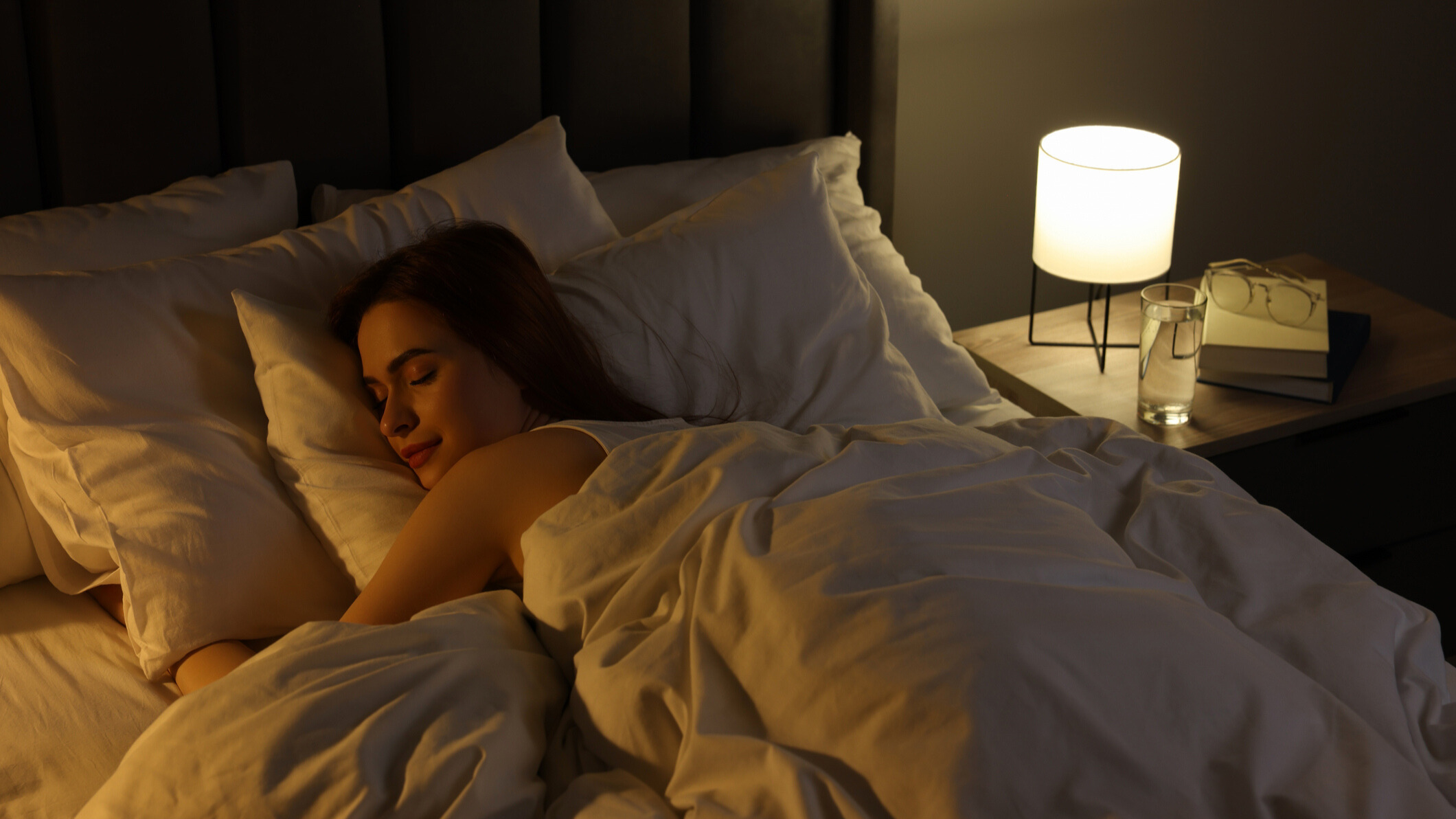
3. Don’t treat yourself to a Sunday morning lie-in
The body thrives on routine, so even gaining an hour can throw off internal clocks, or circadian rhythm, leaving many feeling groggy and out of sync.
This disruption of your normal sleep rhythm from oversleeping can mean that you don't naturally wake during a lighter stage of your sleep cycle, and instead move into deep sleep shortly ahead of waking. The downside of waking during a deeper sleep stage is sleep inertia, which results in that disoriented, foggy-headed feeling.
As an alternative to a lie-in this weekend, try and set the alarm for your normal weekday wake-up call.
“While the temptation to sleep in might be strong, maintaining a consistent wake-up time helps regulate the body’s sleep-wake cycle, making mornings feel easier after the switch," as Szlas explains.
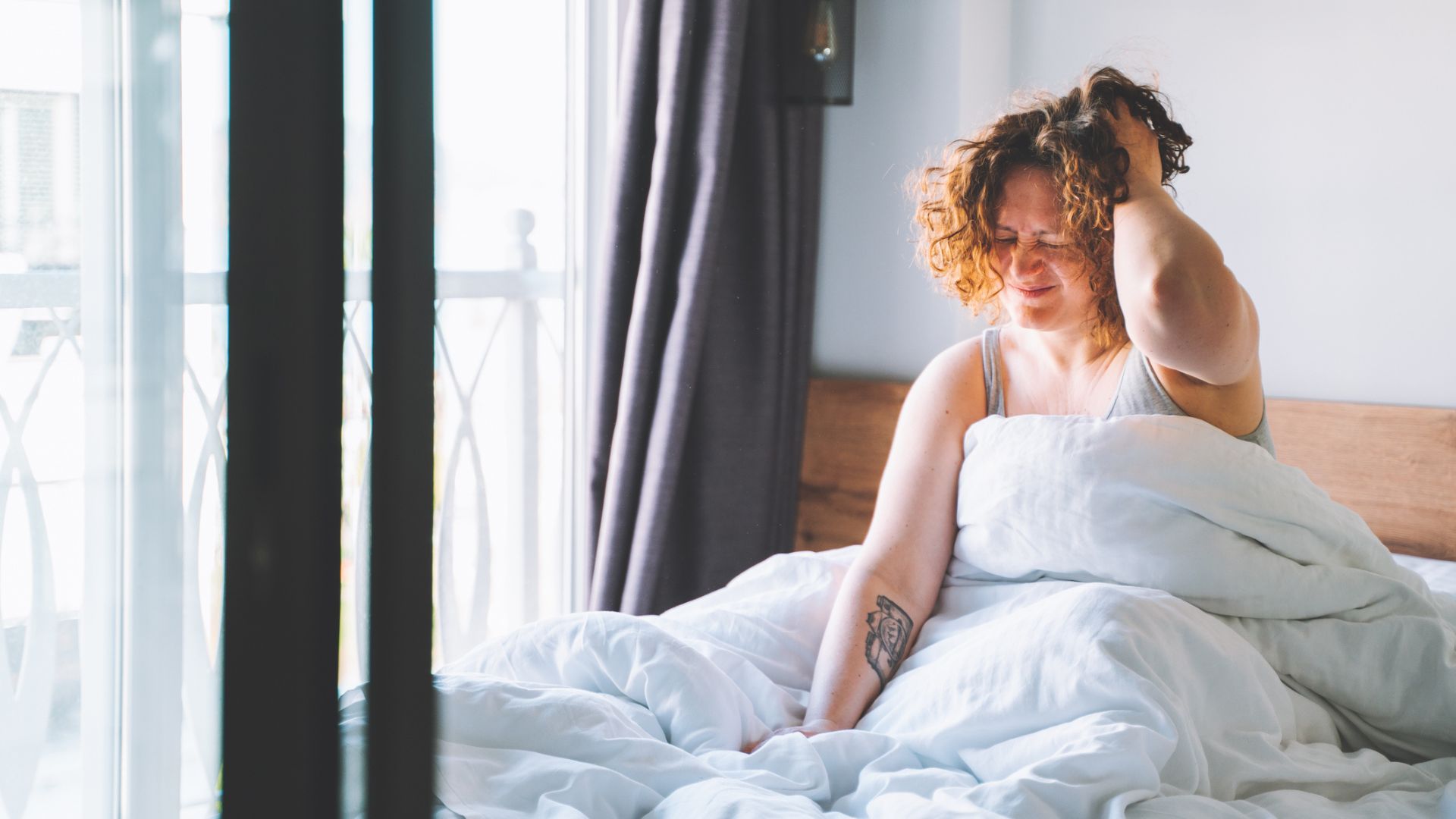
3 changes you might notice next week
While some of us sleep like babies and won’t notice a difference, some of us may be more sensitive to the time change — here’s how it could affect you:
1. You wake up earlier
If you have a set wake-up time every day, don’t be surprised if suddenly you’re waking up before your alarm clock goes off.
Don’t be surprised if suddenly you’re waking up before your alarm clock goes off
The clocks falling back means an extra hour in bed, the sudden shift in bedtime and waketime can “disrupt your body’s internal clock, known as the circadian rhythm," explains author, psychologist and neuroscientist Dr. Lindsay Browning.
"This can leave some people struggling to fall asleep at their usual bedtime or waking earlier than intended.”
One study looking at the effect of the clocks going back by one hour in the fall found that following the night and morning of the transition, participant wake times were earlier for the next four mornings.
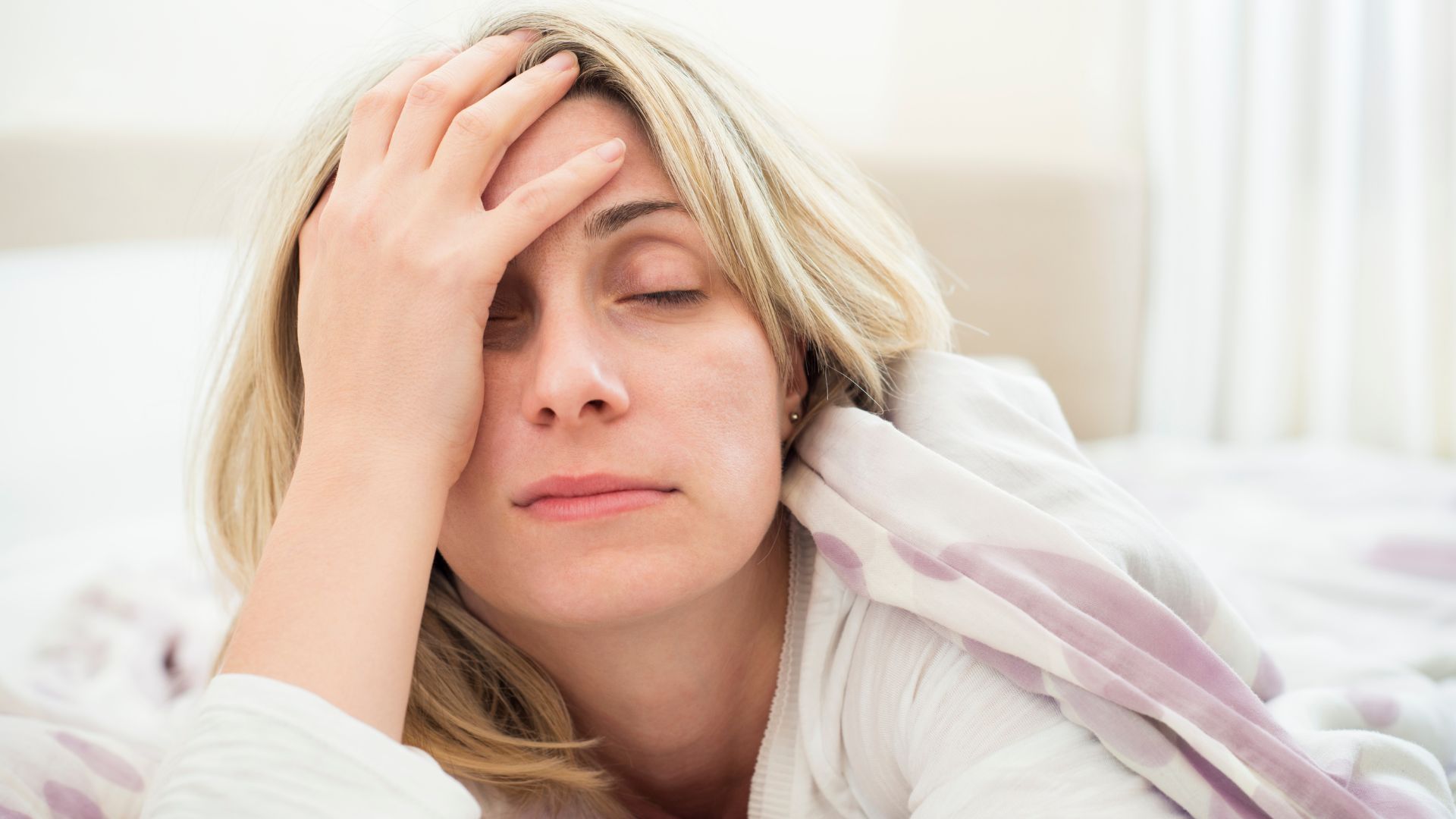
2. You have trouble falling asleep
Hannah Belsham, health and wellbeing physiologist at Nuffield, explains that your circadian rhythm is your body’s 24-hour internal clock that tells you when to feel awake and when to rest.
But it gets confused when there’s a clock change. “Think of it like your phone’s ‘night mode’, it adjusts automatically based on light exposure," Belsham explains.
"In bright light, your body increases alertness (boosting cortisol and serotonin), and as light fades, it triggers melatonin, helping you wind down," she adds.
Dark winter mornings can "throw off this rhythm, your body’s ‘software update’ runs late, leaving you feeling out of sync.”
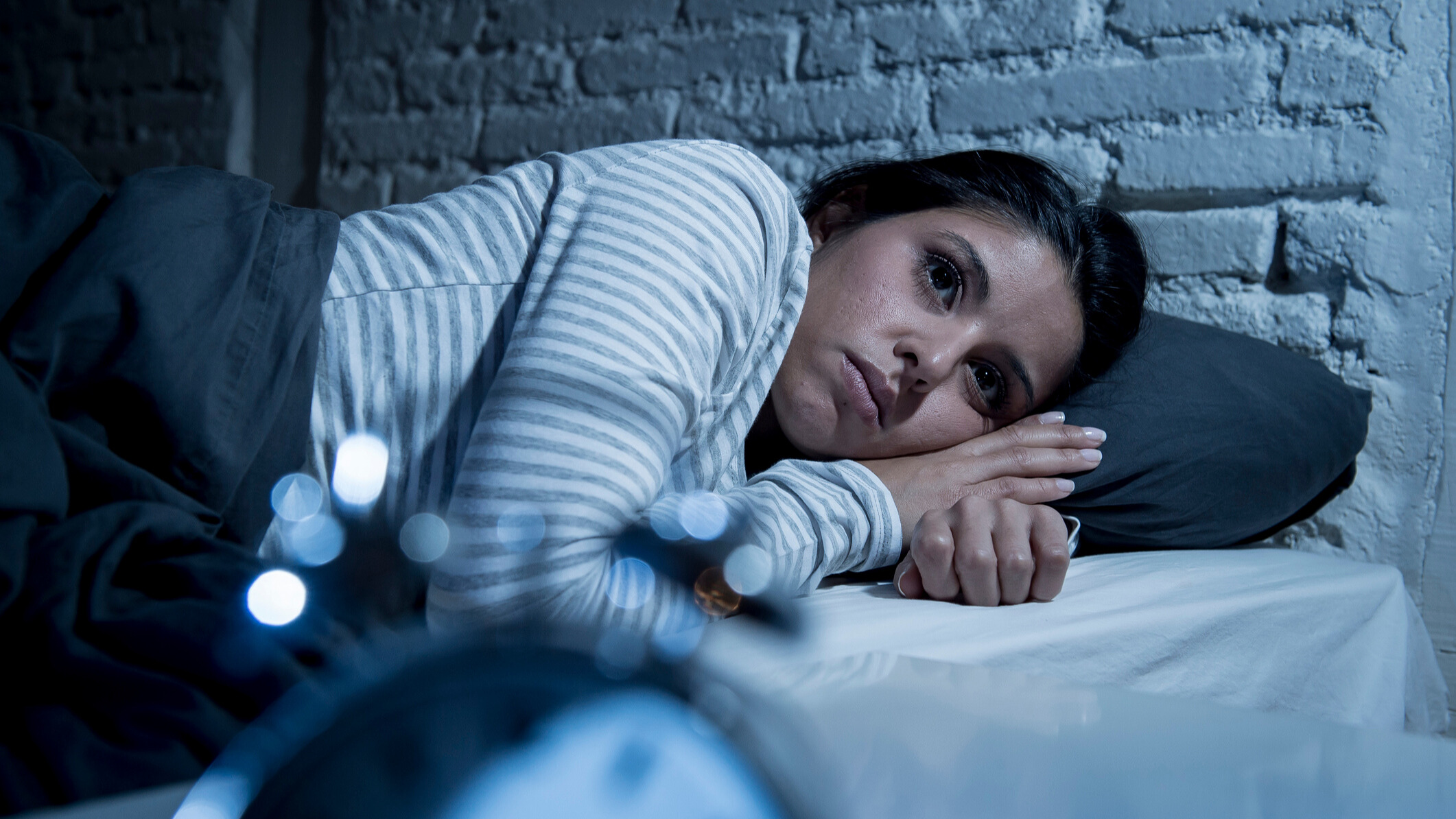
3. You wake up more in the night
Some of us may nod off quickly, but then find ourselves awake and staring at the ceiling for hours, especially when there’s been a change in the clocks. That's because a confused body clock can lead to nighttime awakenings.
You may not even notice the wake-ups, but they could impact your sleep quality — meaning you feel more groggy or tired the next day.
You may not even notice the wake-ups, but they could impact your sleep quality
Research has shown that if you already don't sleep well, the impact of the clocks going back can have a significant impact.
In one study, 588 people were interviewed the week before the fall clock change, and 573 the week after. In the latter group there was a self-reported increase in various sleep disorders, including higher sleep-maintenance insomnia — which means waking in the night and having trouble getting back to sleep.
According to the researchers, this increase disappeared by week two after the clock change.
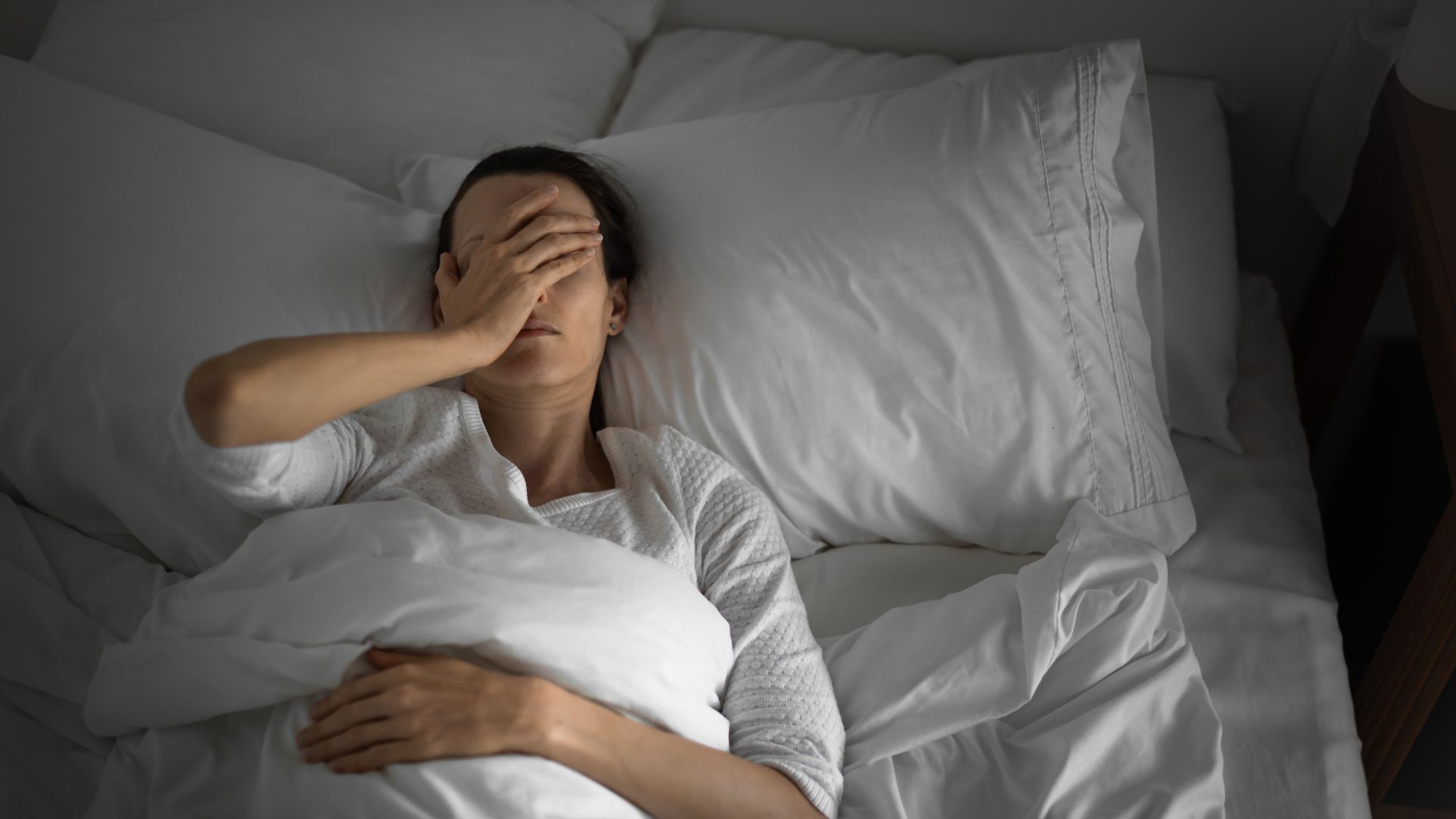

Sarah is a freelance writer who has been published across titles including Woman & Home, The Independent, and the BBC. Sarah covers a variety of subjects, including health and wellness. For Tom's Guide Sarah often writes about sleep health and hygiene, and interviews leading sleep experts about common issues such as insomnia and sleep deprivation.
You must confirm your public display name before commenting
Please logout and then login again, you will then be prompted to enter your display name.
 Club Benefits
Club Benefits





